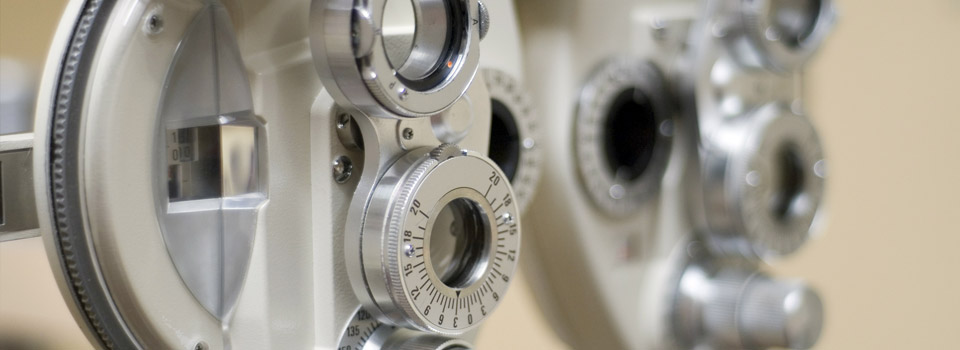By Dr. Lisa Scharf:
Spring is here in the North Okanagan! The change in seasons means that we have to adjust our thermostats, our wardrobes, and our eyewear.
UV Protection:
Longer days, more sunshine and outdoor activities mean that UV protection is essential. Make sure you use sunscreen for your skin, and UV protection for your eyes. Hats with a brim, and good sunglasses offer the best protection for your eyes and for the skin on your eyelids (which can be susceptible to cancers). Sunglasses with UV 400 protection give good coverage around your eyes. If you wear prescription glasses, there are a few ways that you can integrate UV protection options:
- Transition lenses. These lenses change tint in reaction to UV exposure. They will go fully dark in bright sunlight, partially darken on overcast days, and go clear indoors. They offer full UV 400 protection all the time.
- Clip-on Sunglasses. These come in a number of tint options and clip on to the frames of your prescription glasses. Some frames come with a magnetic clip as part of the package, or custom clip-ons can be made to order.
- Fit-Over Sunglasses. These go on overtop of your prescription glasses and provide great coverage.
- Prescription sunglasses. We can make a pair of sunglasses in the same prescription and lens style as your regular glasses (progressives, bifocals, etc), and in any tint.
- UV protected lenses. UV protection can be built into clear lens material of your eyeglasses, without a darkened tint. Zeiss brand has recently come out with clear lenses with full UV 400 protection.
- Contact lenses (some have over 80% UV protection) with sunglasses.
Safety Eyewear
As you start your gardening, particularly when pruning, make sure you plan your eye protection. We treat many eye injuries from gardening – I have even removed burdock burrs from the inside of eyelids! A pair of wrap-around sunglasses, fit-overs, or safety glasses will protect your eyes from branches and debris.
Allergies
Talk to your optometrist if you experience itchy, watery, red eyes from springtime allergies. We can prescribe antihistamine drops which are more effective for the ocular symptoms of allergies than antihistamine pills.


